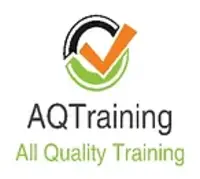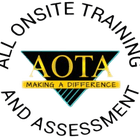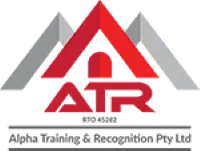
This role has a low level of AI exposure. Core skills such as adaptability, social intelligence, and complex physical tasks remain beyond the capabilities of current AI.
Explore all careersA Pipelayer installs and connects piping for water, sewerage, and stormwater systems, ensuring all work meets industry standards.
Get qualified to work as a Pipelayer with a course recognised across Australia. Speak to a training provider to learn more.




































In Australia, a full time Pipelayer generally earns $1,400 per week ($72,800 annual salary) before tax. This is a median figure for full-time employees and should be considered a guide only. As you gain more experience you can expect a potentially higher salary than people who are new to the industry.
 Courses.com.au Team
Courses.com.au Team
The number of people working in this industry is expected to rise in coming years. There are currently 1,800 people working as a Pipelayer in Australia and this number is expected to rise to 2,000 over the next five years. Pipelayers may find work across all regions of Australia.
Source: The Labour Market Information Portal – 2019 Occupation Projections
 Courses.com.au Team
Courses.com.au Team
If you’re planning a career as a Pipelayer, start by enrolling in a Certificate III in Civil Construction Pipe Laying. This course covers topics including using power tools, operating plant equipment, taking measurements, reading and interpreting plans and excavation earthworks.
 Courses.com.au Team
Courses.com.au Team
Browse occupations related to Pipelayer



If you're considering starting a rewarding career in the construction industry, then exploring Pipelayer courses in Wollongong is an excellent choice. Wollongong is a vibrant city with a growing need for skilled professionals in the civil construction sector. Pipelayers play a crucial role in the installation of pipelines for various purposes, including water, gas, and sewer systems. By enrolling in a local Pipelayer course, you will receive the comprehensive training you require to excel in this field, ensuring that you are well-prepared to meet the demands of employers in the area.
The training you receive while studying Pipelayer courses in Wollongong will cover essential skills needed for the job, such as reading blueprints, operating relevant machinery, and understanding safety regulations. Local Registered Training Organisations are dedicated to equipping you with the practical knowledge required to succeed. As you embark on this journey, you'll also find that working as a Pipelayer opens doors to various related career paths, such as becoming a Construction Labourer or an Excavator Operator—both of which have strong employment prospects in Wollongong.